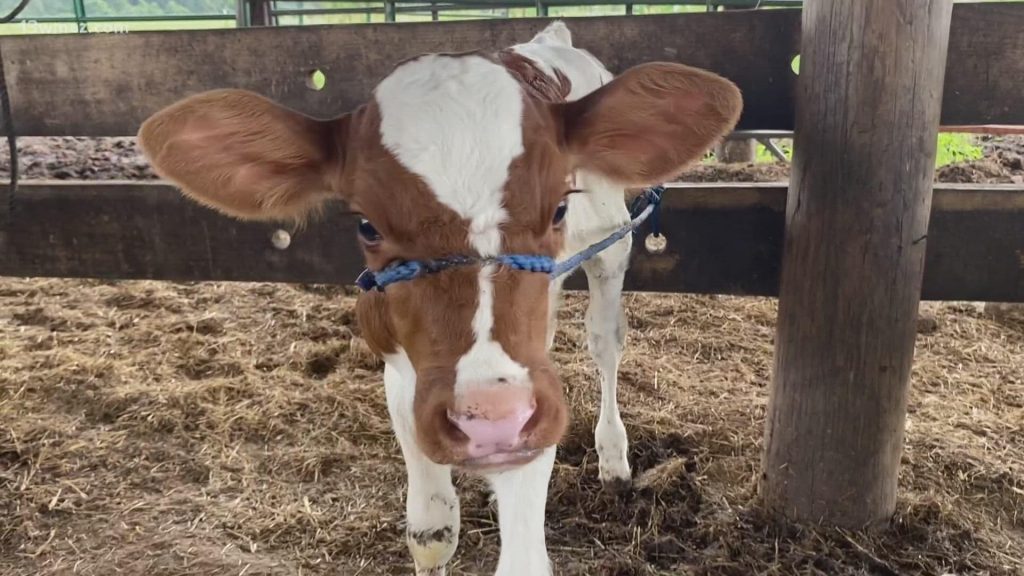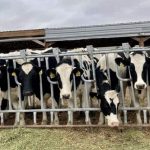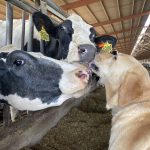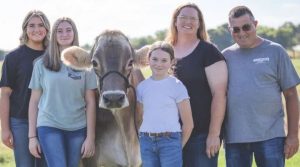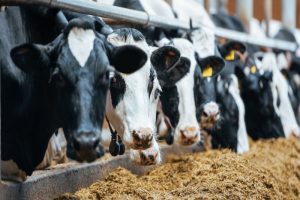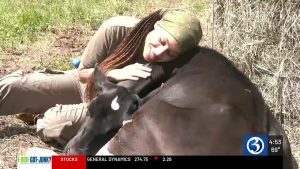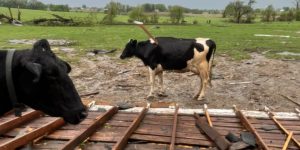
The Newberry’s family Farm, Donacin Dairy, has been around for over 50 years. For the last 12, they’ve been the only one in Bibb County.
According to the Georgia Milk Producers, Georgia’s dairy industry brings in $2.5 billion to the state each year. It’s one of the top ten agricultural commodities in the state and one Georgia cow brings over $11,000 to the economy.
However, Georgia is losing dairy farmers.
“Cows is just second nature. It’s part of who I am,” Benjamin Newberry said.
His family farm, Donacin Dairy Farms, has been in business for over 50 years. Newberry says when they opened, Bibb County had over 40 dairy farms.
“We’ve been the last ones for about 12 or 13 years. Times have changed in the last 52 years,” he said.
Newberry says the business has become less profitable.
“In the southeast, the gallon jug, as we call it, is the driving force for what we get paid,” Newberry said.
He says grocery stores and markets, sometimes use the gallon jug as a loss leader.
“They’re willing to lose a dollar on milk to get you there to buy cereal, bread, canned goods, whatever else you may buy at the grocery store,” he said.
This puts less money in the pockets of farmers. On top of that, he says it’s hard for farmers because while milk prices are dropping, cow-feeding prices are increasing.
People are also buying less milk. Newberry says some people are switching to non-dairy alternatives.
However, he says the COVID-19 pandemic was one of the best seasons for dairy farmers. He says when people were shut in, they were finding ways to use milk, but now that folks are back on the go, the demand has dropped.
Newberry says to survive, farmers need to be more marketable.
“When they come to buy your milk you have to have enough that they need you, you don’t need them. I’m small, so I need the market, the market doesn’t need me,” he said.
He says this isn’t just a problem in Georgia but a growing trend nationwide.
“Cow numbers will probably always be the same or close, but we’ll get to the point where we’ll begin to see less farms or just larger farms because that’s the way we have to grow and be relevant in today’s market,” Newberry said.
At their peak, he says the farm has about 300 cows. In their last days, they have a little over 130 cows, and many will start leaving the farm on Monday.
“Passions still there, the desires still there, but you can’t make ends meet at our size, so you have to make the decision to move on,” Newberry said.
He says the hardest part is how it impacts his family. He would love to continue to pass the farm down through generations, but now their legacy will have to continue in some other way.
